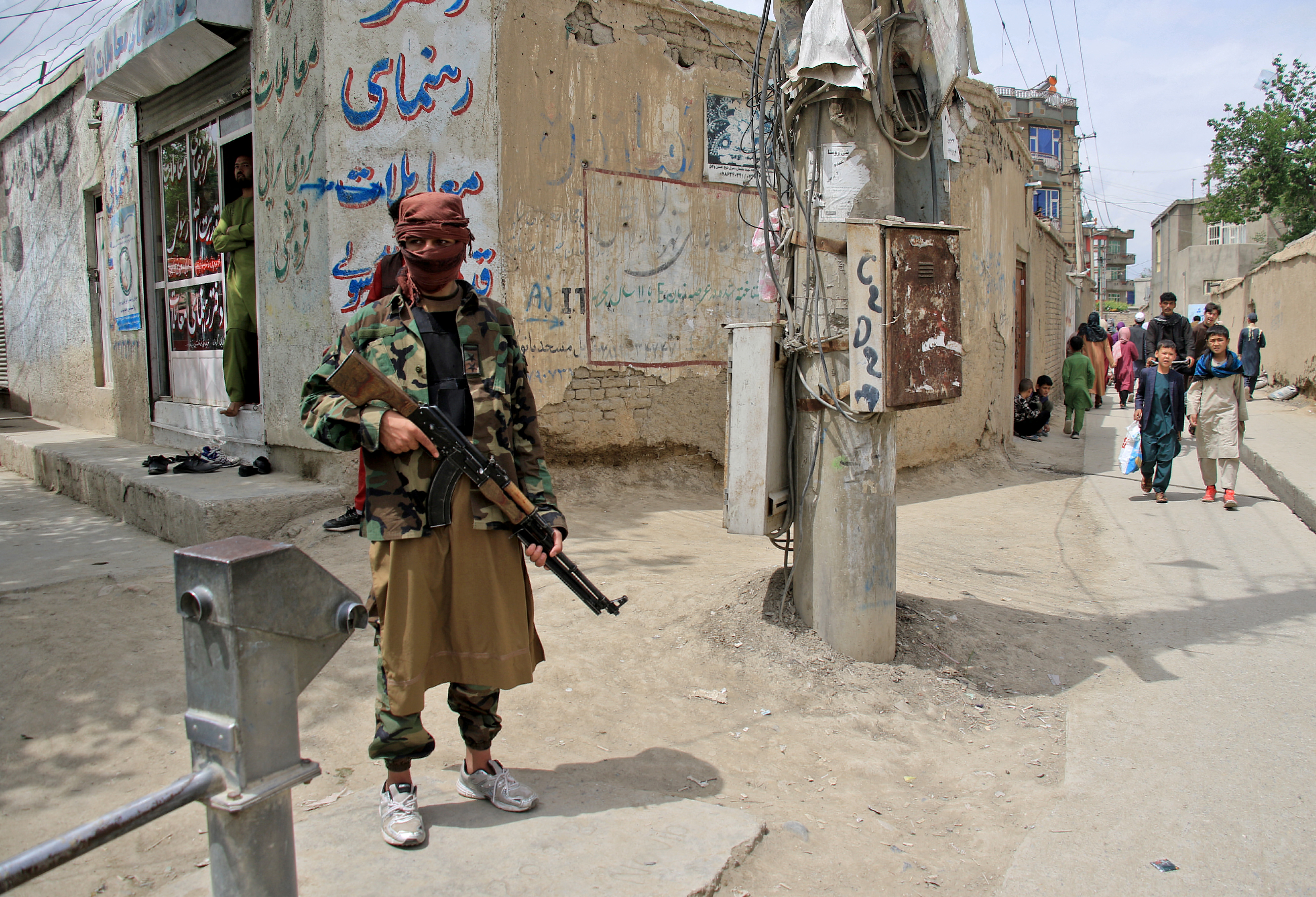A United Nations-sponsored conference on Afghanistan aimed at improving dialogue with the country’s Taliban rulers has ended after the administration’s representatives failed to show up.
The Taliban-led foreign office refused to attend the meeting in Doha when the U.N. rejected its demand to act as Afghanistan’s sole official representative, United Nations Secretary General Antonio Guterres said on Monday.
Guterres said such conditions were unacceptable as they were similar to recognising the Taliban as the country’s legitimate government.
The Afghan foreign office, in a statement issued before the meeting, said the international community’s approach was marked by “unilateral impositions, accusations and pressurisation.”
Guterres, speaking at a press conference concluding the two-day meeting, said he would start the process to appoint a U.N. envoy to coordinate engagement between Afghanistan’s Taliban administration and the international community.
The new envoy would find ways to work more effectively with the Taliban, which holds power in Kabul, Guterres said, adding that he hoped improved engagement with the Taliban would encourage their participation in a future meeting.
A Taliban spokesperson did not immediately respond to a request for comment.
The Taliban retook control in Kabul in August 2021 as U.S.-led forces withdrew after 20 years of war and the Western-backed government collapsed, but the administration is not recognised by the United Nations.
Aid budgets have been slashed as donors faced competing international crises and due to concerns over Taliban restrictions on Afghan female aid workers.
The United Nations says two-thirds of Afghanistan’s 43 million people need humanitarian aid.
The Doha meeting included Afghan civil society groups and envoys from at least 25 countries.
“It regrettable that the that the Taliban chose not to participate in this round, but we very much hope that they will do so and that there are future opportunities to engage,” said Kanni Wignaraja, the United Nations Development Program’s Asia regional director who is currently visiting Afghanistan.







Click here to change your cookie preferences